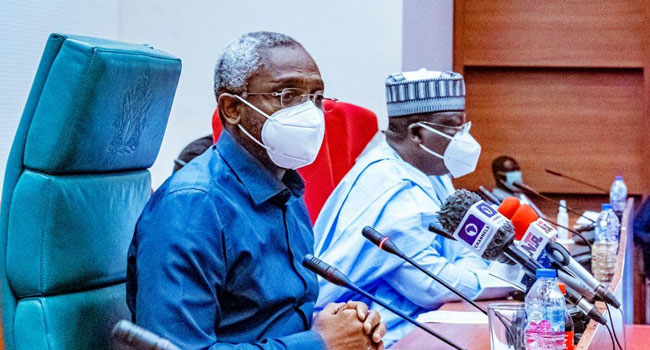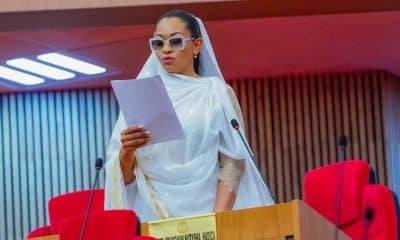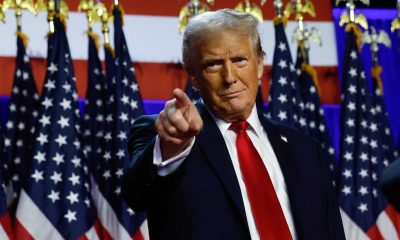Nigeria News
Lawan, Gbajabiamila Confirm Buhari’s Rejection Of Electoral Bill

Senate President Ahmad Lawan and Speaker of the House of Representatives, Femi Gbajabiamila, have confirmed President Muhammadu Buhari’s rejection of the Electoral Act Amendment Bill.
Naija News had reported that President Buhari failed to sign the bill into law over some contentious issues in the document.
Both the Speaker and the Senate President read the President’s letter on the floor of both chambers during Tuesday’s plenary.
Reading the letter, Lawan quoted Buhari as saying that his decision to withhold assent to the bill was based on advice from the relevant Ministries, Departments and Agencies (MDA).
The President added that assenting to the bill may open up the electoral system to a series of court issues from party members and stakeholders.
According to Buhari, the adoption of direct primaries violates the spirit of democracy and would fuel corruption as well as encourage over monitorization.
Buhari, therefore, said he declined assent to the bill in line with section 58 (1) of the 1999 constitution.
He said: “The amendment as proposed is the violation of the underlying spirit of democracy, which is characterised by freedom of choices of which political party membership is a voluntary exercise of the constitutional right of freedom of association.
“The proposed amendment might also give rise to a plethora of litigations based on diverse grounds and issues of law, including but not limited to the fact that the proposed amendment could not work in retrospect, given that the existing constitution of the parties already registered with the Independent National Electoral Commission (INEC) permits direct, indirect and consensus primaries.
“I hereby signify to the national assembly that I am constrained to withhold assent to the bill in line with section 58 (1) of the 1999 constitution.”
Earlier, Senators had gone into a closed session to take a position on President Buhari’s refusal to assent to the Electoral Act (Amendment) Bill.
The closed-door session, which was held from 10.42 to 11.42 am, was attended by only a handful of Senators who were at the chamber.












